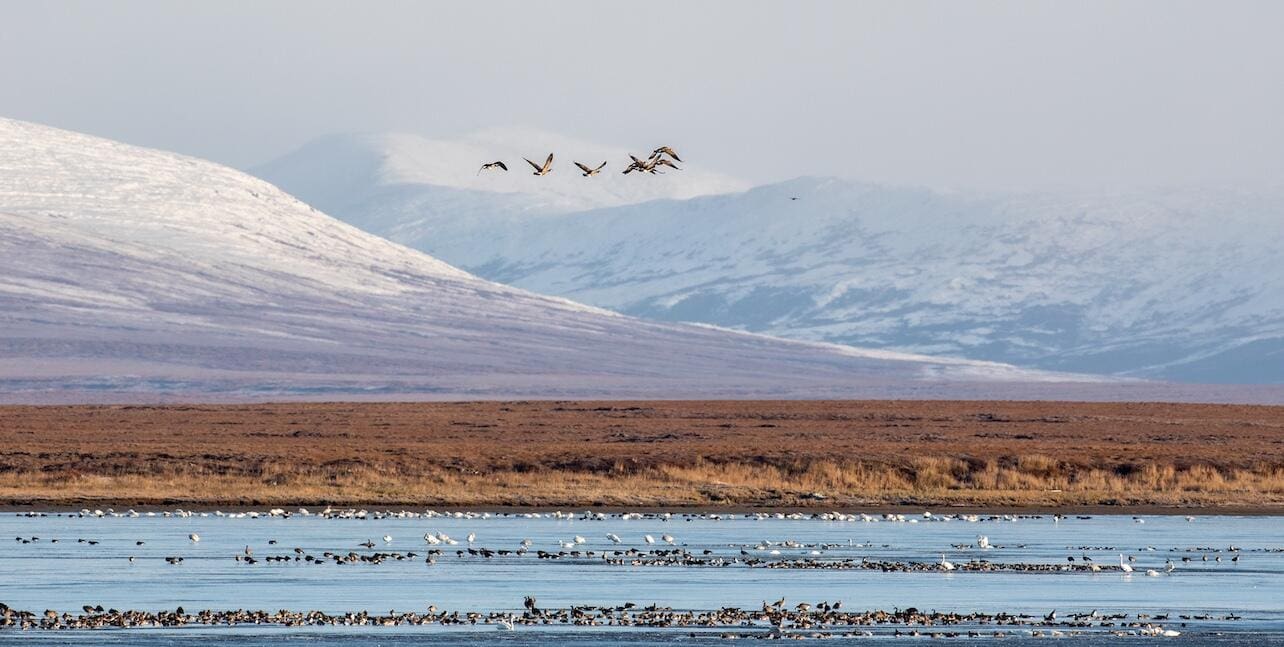The salmon, stickleback, dolly varden, trout, tomcod, and flounder in the rivers that flow into Safety Sound have nourished Alaska Native peoples in the region for countless generations. The watershed near Nome, Alaska—some of which has been designated as critical bird habitat—also provides seal, moose, bear, fish, berries, edible roots, tundra tea, birds and eggs that support and sustain communities across the region.
Reality TV, a Gold Mine, and a Tribe: Native Nation Building in Action
“We as a people rely on the health of the watershed for our livelihood and our identity,” says Deilah Johnson, Tribal Council member and Tribal Resources Director for the Village of Solomon. “It’s not just our Tribe, it’s people throughout the Bering Sea area. It connects us to who we are as a people.”
 So in 2018, when an out-of-state mining corporation proposed a major gold dredging operation in the Safety Sound watershed, the Tribe gathered their strength and fought to protect the vibrant, interconnected web of life their ancestral lands and waters sustain.
So in 2018, when an out-of-state mining corporation proposed a major gold dredging operation in the Safety Sound watershed, the Tribe gathered their strength and fought to protect the vibrant, interconnected web of life their ancestral lands and waters sustain.
“Everyone thinks they’re going to go to Nome and go gold mining and get rich because of that TV show,” Deilah said, referencing the Bering Sea Gold franchise. And in fact, Nevada-based IPOP LLC’s initial application included plans—later dropped—for a reality TV show.
It has been a long, grueling process for a Tribe with fewer than 200 citizens, outmatched in financial resources and capacity. But they worked together with neighboring Tribes, Native corporations, and Tribal nonprofits. They formed alliances with the City of Nome and the Nome Chamber of Commerce, which both passed resolutions opposing IPOP’s plans and in support of the longer-term health of the ecosystem and Indigenous communities. Together, they generated over 1,000 public comments in opposition to IPOP’s proposal. Tribal leaders learned the languages of corporate boardrooms, regulatory agencies and lawyers—building skills that will serve the Tribe for decades.
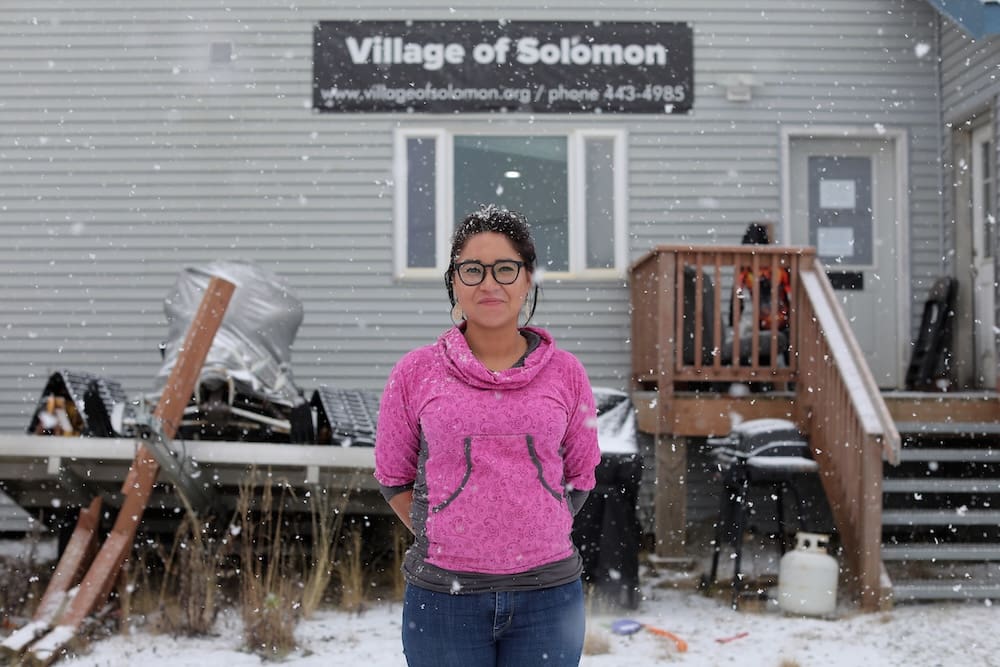
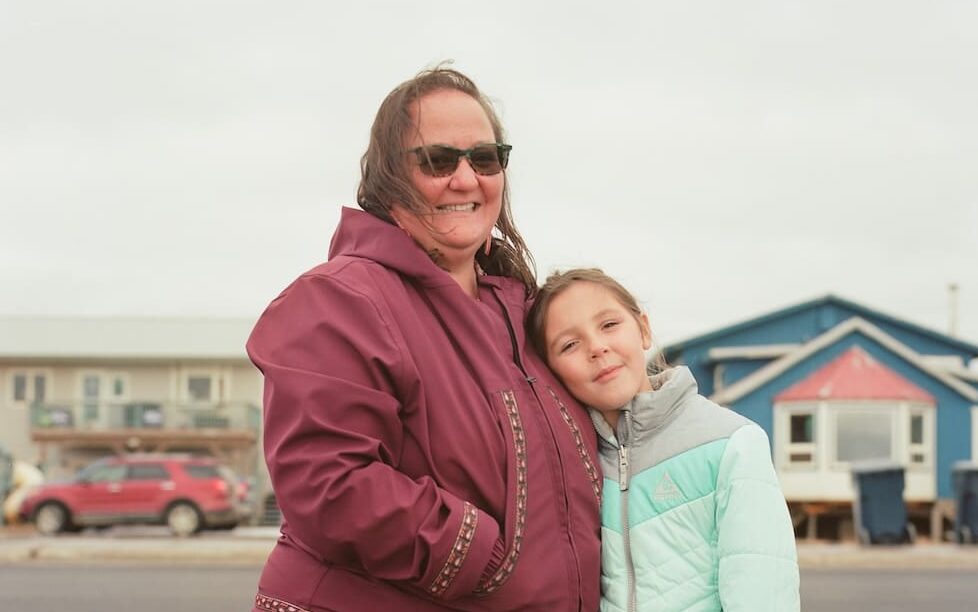
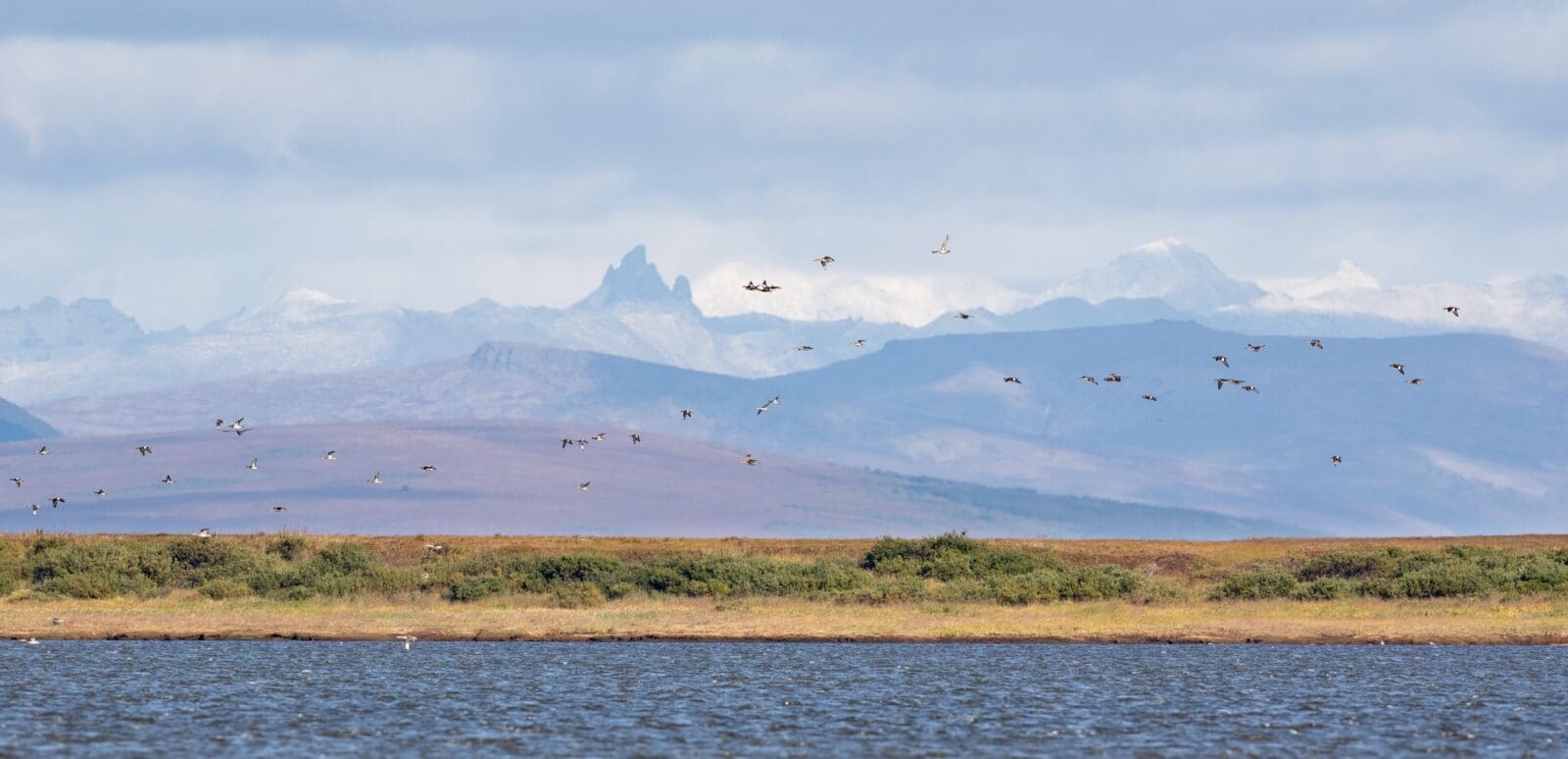

And through this tenacity, passion and unity of purpose, the Village of Solomon and its allies have thus far held the dredging operation at bay. Earlier this year, the Alaska Department of Natural Resources denied IPOP’s permit application and upheld the decision on appeal, citing flawed and missing data that failed to justify the scale of the project’s environmental destruction.
“Basically, DNR said you can’t make a huge mess in our watershed without any proof it was going to be worthwhile, and IPOP was never able to prove there was gold out there,” Deilah said.
And yet, four other state agencies and the U.S. Army Corps of Engineers had approved IPOP’s permit application—and Deilah expects IPOP will keep fighting.
Although the process has been difficult, Deilah sees broader gains:
"We have learned how to work better together. We had to learn how to be a strong, united voice and we’ve learned how to do that at the Tribal Council level—while ensuring that our community that relies on us as elected leaders understands that."
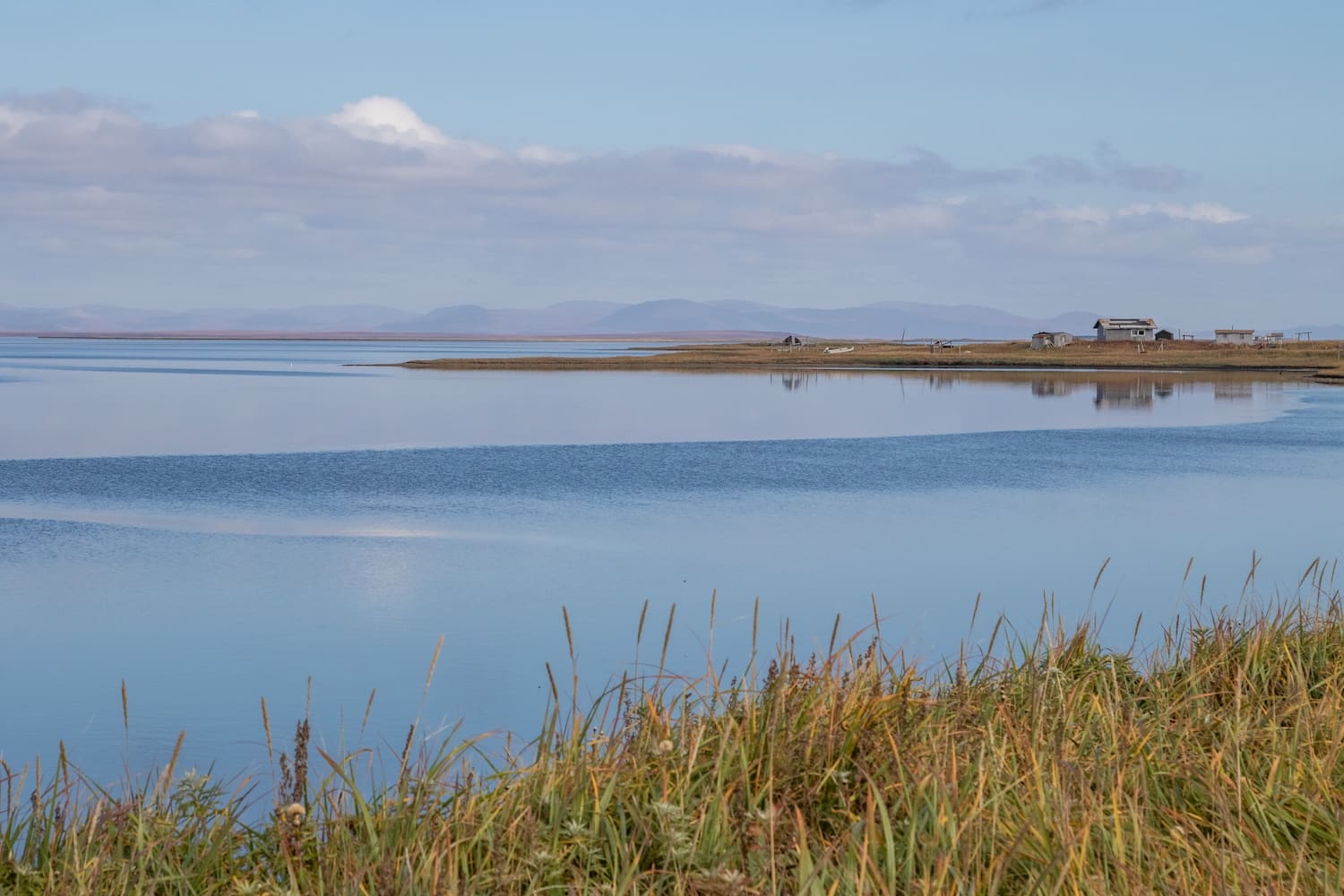
The fight against the proposed mine seeded skills, partnership and momentum that will endure long after IPOP has moved on. By exercising sovereignty over their homelands, strengthening the Tribe’s capacity, and grounding decisions in cultural values, the Village of Solomon is building lasting power. This is Native nation building in action.
The Native Nations Institute describes Native nation building as the process by which a Native nation strengthens its own capacity for effective and culturally relevant self-government and for self-determined and sustainable community development.
The term is best understood through action, says Jonella Ququngaq Larson, a Yupik artist, leader, and partner at Alaska Venture Fund: “In Alaska I see nation building occurring when people come up with solutions to challenges in their community that are culturally centered, values based and improve the health and wellbeing of the community. It’s happening all over the state.”
The Village of Solomon has a broader vision to help other Tribes build their capacity for self-determination, Deilah says:
"The plan has always been to share our story with any Tribal nation to empower their voice. There’s a lot of education we had to do on our end to get where we are. There was no handbook. We spent hours and hours researching and trying to get ahead and there is just not enough capacity for Tribal nations to try to get to that level of expertise. We had to make sure we were the voice being heard because we are a sovereign Nation."
For Alaska Venture Fund, supporting the Village of Solomon’s efforts is part of a broader commitment to advancing Indigenous leadership networks and Nation building across Alaska. The Village of Solomon’s story reflects one of our core strategies: investing in tribal capacity and talented leadership so that local actions can ripple outward to systemic change.
The Village of Solomon, Native Village of Council, and King Island Native Community filed a lawsuit in April 2025 challenging the U.S. Army Corps of Engineers’ approval of IPOP’s proposed operation. The litigation is pending.
Written by Rebecca Braun, Senior Writer and Policy Advisor
Photos courtesy of Kate Persons and Brian Adams
Map by Colin Shanley
Published: September 2025
